Medical cannabis is a treatment for over 360,000 Canadian patients, but that doesn’t mean all of those patients can access the medication they need. For those in financial need, there are a few programs that do provide some assistance. This article will highlight all of the major social assistance programs in Ontario as well as identifying which ones that offer help.
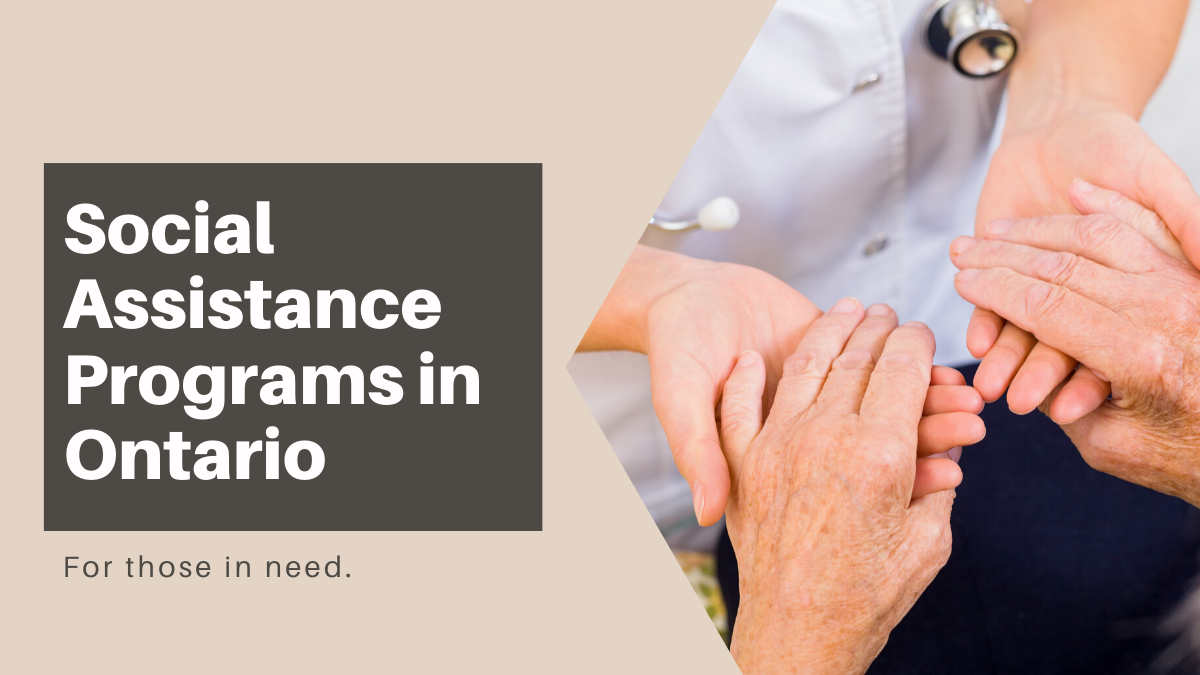
*Please note that this article will only be covering social assistance programs in Ontario. For more information on other provincial social assistance programs outside of Ontario, we encourage you to conduct your own research.

Since 2001, medical cannabis has been an effective treatment for over 360,000 patients in Canada. However, many of these patients are unable to obtain the medicine they need because of financial hardship.
At the moment, medical cannabis does not enjoy the same coverage as pharmaceutical prescription medication does. This can be attributed to the fact that medical cannabis does not yet have its own drug identification number (DIN number) despite being legalized by Canada for medical use in 2001. However, attitudes are gradually changing as many institutions, such as Veterans Affairs Canada have long recognized medical cannabis as an effective and safe treatment.
Currently, there are only a handful of federal and provincial organizations and programs that offer assistance for medical cannabis patients in need.
This article may benefit you if you fall under the following categories:
- Low-income status ($22,133 per year for a single person. $44,266 per year for a family of four. Figures are after taxes.)
- Veteran status
- Disability
- Old age (65+)
 Ontario Works
Ontario Works
What Ontario Works? Ontario Works is a social assistance program that provides help in the form of food, healthcare and clothing to those in financial need. This program also helps individuals with employment assistance services such as job-specific training, job interview preparation and help with primary education (i.e. finishing high school).
Who qualifies for Ontario Works? Low-income persons who reside in Ontario.
Does Ontario Works cover medical cannabis? Unfortunately, no. While medical cannabis as dried flower or oils are not included, human-made synthetic cannabis drugs such as Nabilone and Sativex are covered.
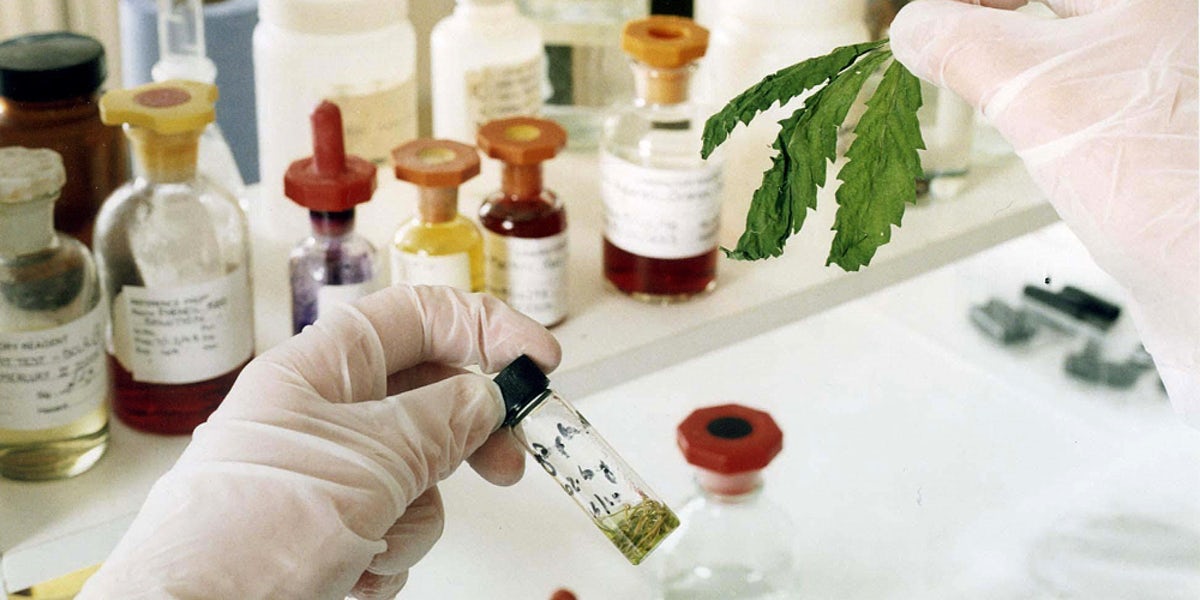
Types of Synthetic Medical Cannabis
What is Nabilone? Nabilone is a human-made form of cannabis that is used to treat patients who suffer from severe cases of nausea and vomiting resulting from cancer chemotherapy. It’s frequently used when other anti-nausea and anti-vomiting medications are found to be ineffective. Nabilone comes in the form of capsules and is meant to be taken orally. As a synthetic form of cannabis, Nabilone mimics the effects of THC, the primary psychoactive element in cannabis.
What is Sativex? Sativex is another form of cannabis-based medication that is often used to help relieve symptoms of muscle spasms and muscle stiffness that are commonly associated with multiple sclerosis (MS) and severe nerve-related cancer pain. Sativex is available in the form of oral sprays.
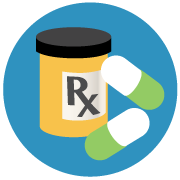 Ontario Drug Benefit Program (ODB)
Ontario Drug Benefit Program (ODB)
What is the Ontario Drug Benefit Program? Ontario Drug Benefit (ODB) is a provincial-run program that provides financial coverage for over 4,400 prescription drugs.
Who qualifies for the Ontario Drug Benefit program? There are several ways of being eligible for the Ontario Drug Benefit program:
- Those currently living in a long-term care home, home for specialized care, or Community Home for Opportunity
- Being 24 years old or younger and not presently covered by a private insurance plan
- Those receiving assistance from Ontario Works (OW) or Ontario Disability Support Program (ODSP)
- Those signed up in the Trillium Drug Program. The Trillium Drug program exists to assist persons with high expenses for their prescription medication to their household income. Synthetic cannabis medications such as Nabilone and Sativex are covered under the Trillium Drug Benefit program.
Does Ontario Works cover medical cannabis? No. As of now, only synthetic cannabis drugs such as Nabilone and Sativex are covered.
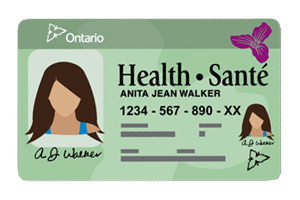 Ontario Health Insurance Plan (OHIP)
Ontario Health Insurance Plan (OHIP)
What is the Ontario Health Insurance Plan? The Ontario Health Insurance Plan (OHIP) is a federally-run program that provides primary medical and emergency coverage for persons residing in Ontario.
Who qualifies for OHIP? To qualify, one must be a Canadian citizen, permanent resident, landed immigrant or have a designation as an Indian under the Indian Act. Please visit Canada’s website for further requirements.
Does OHIP cover medical cannabis? Currently, OHIP does not cover medical cannabis prescriptions. But much like Ontario Works and Ontario Drug Benefit program, it does include synthetic cannabis medication.
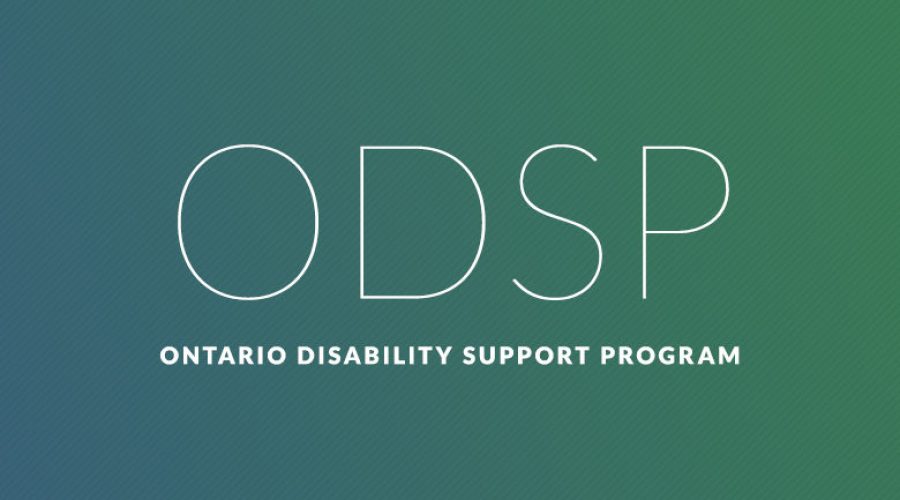 Ontario Disability Support Program (ODSP)
Ontario Disability Support Program (ODSP)
What is the Ontario Disability Support Program? ODSP is a long-term assistance program that provides help for basic needs, like food, clothing and shelter, as well as medications, and vision care for persons who have a disability. ODSP also offers help finding employment.
Who qualifies for the Ontario Disability Support Program? Qualified persons must be at least 18 years old, a resident of Ontario, in financial need and also satisfy the requirements of a person with a disability.
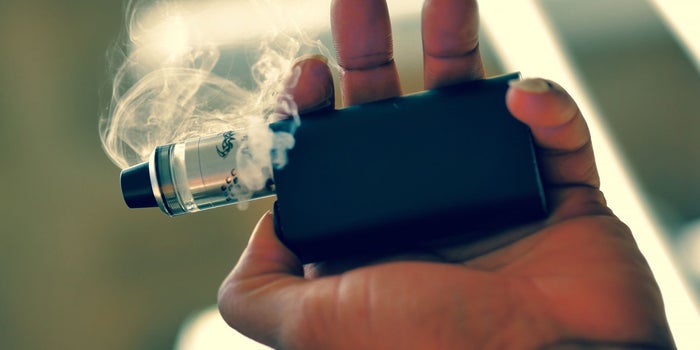
Does ODSP cover medical cannabis? ODSP does not provide coverage for medical cannabis. However, in a bit of good news, ODSP does offer funding up to $300 for the purchase of a vaporizer to consume dried flower.
What You Need for a Vaporizer:
- Persons covered under ODSP must indicate that vaporizing is the only way that they can receive immediate relief, above all other consumption methods, such as cannabis oils. It is strongly encouraged for ODSP recipients to work closely with their caseworkers.
- Persons covered under ODSP must provide proof of their medical cannabis prescription
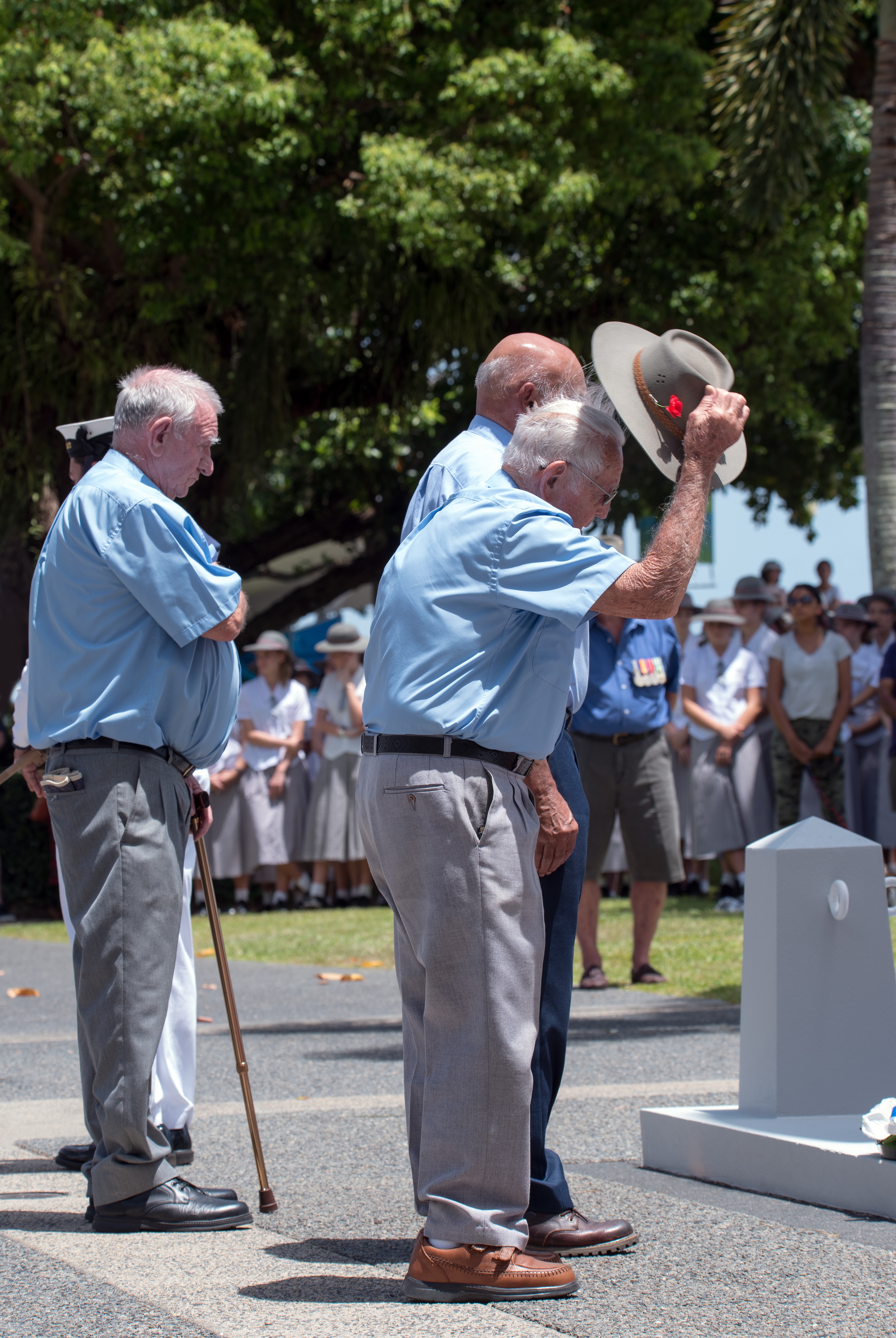 Veterans Affairs Canada (VAC)
Veterans Affairs Canada (VAC)
What is Veterans Affairs Canada? The Canadian government proudly prioritizes the livelihood of its military veterans, and VAC’s policies reflect this. VAC is a public social assistance program that was created to support military veterans in several ways. This dedicated department offers many services from career transition services, financial assistance, disability benefits, and health benefits.
Who qualifies for Veterans Affairs Canada? To be eligible for veteran benefits, persons must have veteran status. A veteran is any person who is actively serving or who has previously and honourably served in the Canadian Armed Forces, the Commonwealth or its wartime allies. Additional qualifying statuses include being a regular member for the Royal Canadian Mounted Police, or as a Peace Officer.
Does Veterans Affairs Canada cover medical cannabis? Yes. Out of all of the social assistance programs available, VAC provides the most financial assistance for medical cannabis. Veterans Affairs Canada uses a reimbursement structure that pays back veterans for any cannabis purchased from a legally licensed producer.
How much medical cannabis is covered under Veterans Affairs Canada? The limit is up to 3 grams per day at a fair market value of $8.50 per gram. The VAC arrived at this daily amount by consulting with several medical professionals as well as veterans. The Veterans Affairs Canada reimbursement program has proved to be a massive success, with over 10,000 veterans being reimbursed for 8 million grams of grams from 2018 to 2019.
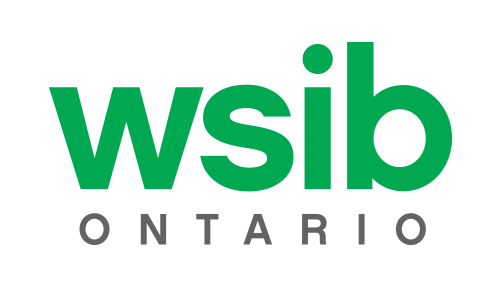 Workplace Safety & Insurance Board (WSIB)
Workplace Safety & Insurance Board (WSIB)
What is the Workplace Safety & Insurance Board? This is a program to help persons who have suffered a work-related injury or illness.
Does Workplace Safety & Insurance Board cover medical cannabis? Yes. As recently as December 2019, WSIB updated its policy to include medical cannabis for five select conditions. Those conditions are as follows:
 Neuropathic pain
Neuropathic pain- Spasticity resulting from a spinal cord injury
- Nausea and vomiting induced by cancer chemotherapy
- Loss of appetite from HIV or AIDS
- Severe pain has experienced through a palliative care situation
In addition to covering medical cannabis, WSIB also provides “reasonable” financial assistance for cannabis devices such as vaporizers. While WSIB does not specify the exact daily amount of medical cannabis covered. Still, it is speculated that they would cover part or all of the average medical cannabis dose, which is 2 grams per day.
The Final Word
As time progresses, we hope that more and more social assistance programs, especially OHIP, begin to consider covering medical cannabis. Patients should have the option of taking medical cannabis over prescription medication – some of which, namely opioids, can be toxic, highly addictive and come with a host of dangerous side effects.
We’ll keep updating this page to reflect any new changes made in policies. Cannalogue is also working to implement on our compassionate care pricing program.




